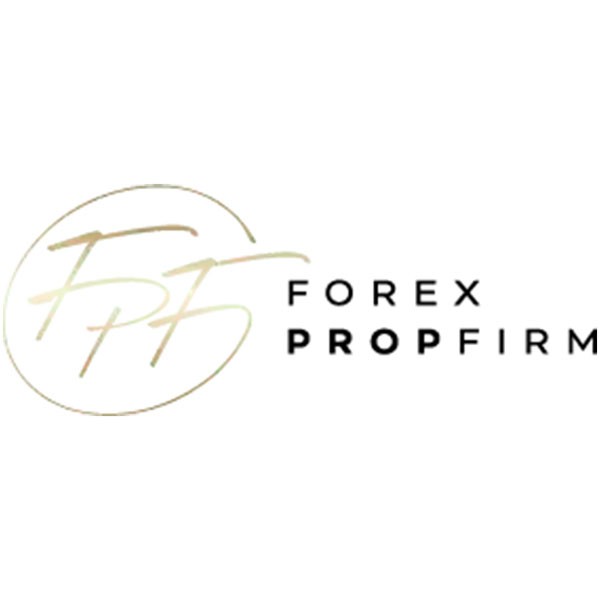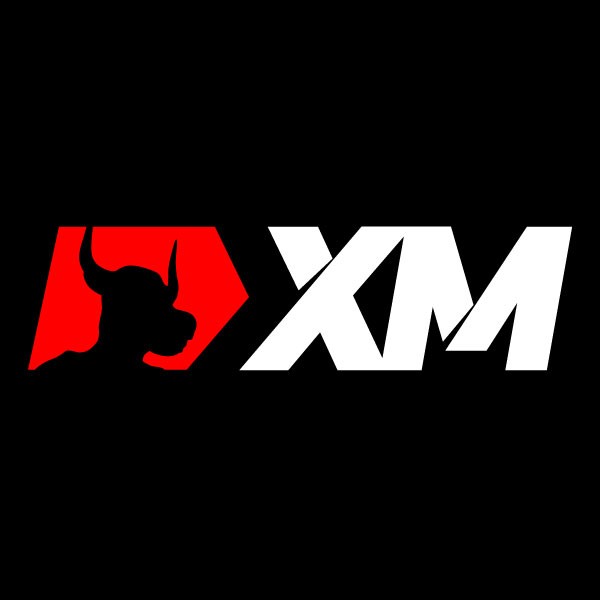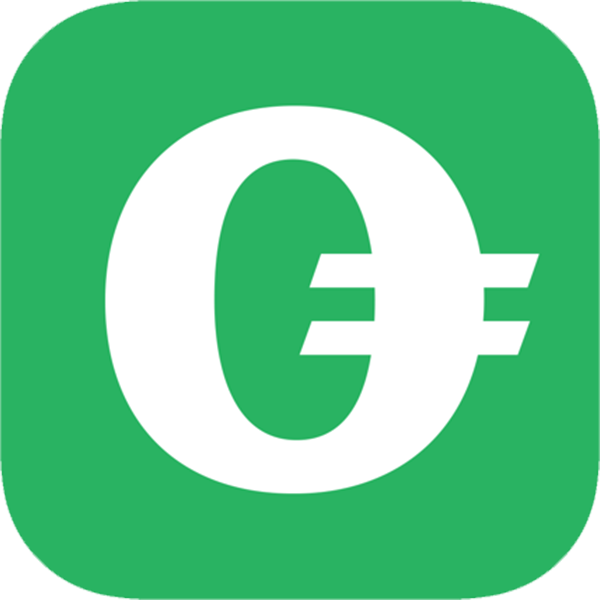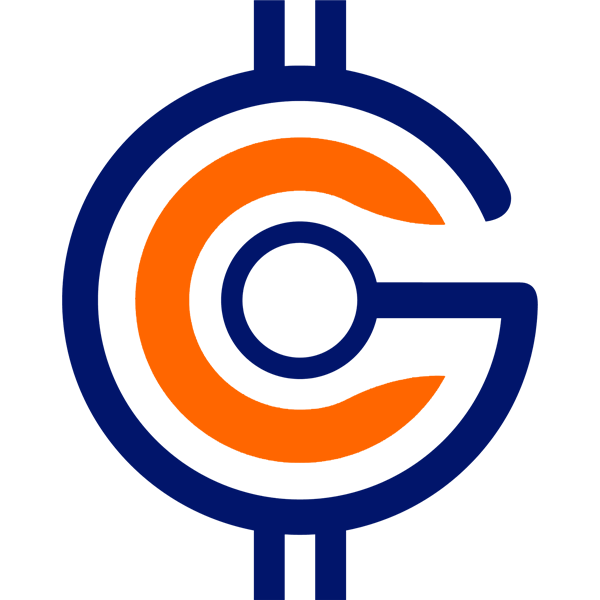It Has Been Verified: Forex Prop Firm's Domain Name Was Registered In July 2021. It Is A Foreign Exchange Proprietary Company That Uses Equity Funds For Trading, Usually Involving Markets Such As Foreign Exchange, Stocks, Futures And Commodities.
As For Regulation, It Has Been Verified That Forex Prop Firm Has Not Obtained Any Valid License At Present.
And Most Brokers That Are Not Compliant Will Not Disclose To Provide Their Direct Real Contact Information, Such As Phone Number Or Company Address.
Note: Forex Prop Firm Is An Unregulated Broker, Which Means That The Client's Investment May Not Be Adequately Protected. Due To The Lack Of Regulatory Bodies To Hold Companies Accountable, The Lack Of Regulation Can Increase The Risk Of Potential Financial Losses.
If Investing In Unregulated Brokers, There Is A Good Chance That They Will Run Away With Your Hard-earned Money Without Any Recourse. Therefore, Investors Must Be Extremely Cautious And Remind Everyone To Stay Away From These Unregulated Ones As Much As Possible When Choosing A Broker.
According To The Internet Query:
Forex Prop Companies (Forex Funding Companies) Is A Platform Dedicated To Providing Financial Support For Forex Traders, Allowing Individual Traders To Trade Using The Company's Funds And Share In The Proceeds. These Companies Usually Have A Strict Set Of Evaluation And Profit Requirements. Below I Will Introduce In Detail The Situation Of Some Common Forex Prop Firms.
1. Products
The Products Offered By Most Forex Prop Firms Include:
Forex Currency Pairs: Such As EUR/USD, GBP/USD, USD/JPY, Etc.
Indices: Such As S & P 500, Nasdaq, Etc.
Commodities: Such As Gold, Silver, Crude Oil, Etc.
Cryptocurrencies: Some Prop Firms Will Also Offer Cryptocurrency Trading Options, Such As Bitcoin, Ethereum, Etc.
2. Account Types
Different Prop Companies Will Offer A Variety Of Account Types. Common Account Types Are:
Evaluation Account: This Is The Type Of Account That Most Prop Companies Require Traders To Pass First. Traders Must Meet Certain Profit Targets, Risk Management Rules, And Maximum Loss Limits.
Funded Account: Once The Evaluation Account Is Passed, Traders Can Obtain Actual Funding Accounts. These Accounts Allow Traders To Trade With Funds Provided By The Company And Share Profits According To The Agreement.
Demo Account: Used To Simulate Trading, Test Strategies, And Evaluate Traders' Abilities.
3. Deposit And Withdrawal
Deposit: Most Prop Companies Require Traders To Pay A Certain Registration Fee Or Participate In An Evaluation Program. The Deposit Amount Is Usually Between Tens And Hundreds Of Dollars, Depending On The Company's Requirements.
Withdrawal: Traders Can Withdraw Their Profits On A Pro Rata Basis After Successfully Passing The Evaluation And Entering The Fund Account. Most Prop Companies Have A Minimum Withdrawal Limit, And The Withdrawal Time May Vary From A Few Days To A Few Weeks.
4. Investment Plan
Phased Evaluation Plan: Many Prop Companies Offer Two- Or Three-phase Evaluation Plans.
5. Leverage
Leverage
5. Leverage
Leverage
Leverage Is Often An Important Feature Offered By Forex Prop Companies. Leverage Ratios Can Be Very High, Even Reaching 100:1, 200:1, Or Higher. High Leverage Can Help Traders Control Larger Trading Volumes With Less Capital, But It Also Means That The Risk Is Relatively High. Each Prop Company Has A Different Policy Regarding The Provision Of Leverage, Which Is Usually Adjusted At Different Stages Of The Account Type And Evaluation Plan.
6. Spreads
Spreads Are The Costs A Trader Needs To Pay When Executing A Trade. Forex Prop Companies Usually Offer Competitive Spreads (such As 1.0-2 Pips), Which Means That When Making A Trade, The Gap Between The Bid And Ask Prices Is Smaller, And The Trader's Transaction Costs Are Relatively Low. Some Prop Companies Offer Fixed Spreads, While Others May Offer Floating Spreads.
7. Profit Sharing
After A Trader Passes The Evaluation And Gets A Funding Account, They Usually Share The Profits With The Company. Common Profit Sharing Ratios Are:
80%/20%: The Trader Gets 80% And The Company Gets 20%.
90%/10%: Some Prop Companies May Offer A Higher Share.
Some Companies May Also Have Different Share Rules, Depending On The Trader's Performance, Account Type, Or Certain Specific Requirements.
8. Risk Management And Limitations
Most Prop Companies Will Have A Strict Set Of Risk Management Rules, Including:
Maximum Loss Limit: Usually Specifies The Maximum Loss Amount Of A Trader's Account Within A Day Or Evaluation Period. For Example, Some Companies May Specify A Maximum Loss Of 5% Of The Account Balance.
Maximum Position Limit: Limit The Maximum Position Or Volume A Trader Can Take On A Single Trade.
Daily Maximum Loss Limit: Certain Companies Limit The Amount A Trader Can Lose Each Day, Even If The Account As A Whole Does Not Reach The Maximum Loss Limit.
9. Support & Education
Customer Support: Most Prop Companies Offer 24/7 Customer Support To Ensure Traders Can Resolve Issues In A Timely Manner During The Trading Process.
Education & Training: Many Companies Offer Online Learning Materials To Help Traders Improve Their Trading Skills, Including Technical Analysis, Fundamental Analysis, And Risk Management.
SUMMARY
Forex Prop Companies Offer Traders A Very Attractive Opportunity To Gain More Profit Potential By Trading With The Company's Funds. However, They Also Require Traders To Adhere To Strict Profit And Risk Management Regulations.
When Selecting The Right Prop Company, Traders Need To Pay Attention To Factors Such As Account Type, Leverage, Spread, Profit Sharing, And Evaluation Plan To Ensure That Their Trading Strategy Can Match The Requirements Of The Company.














